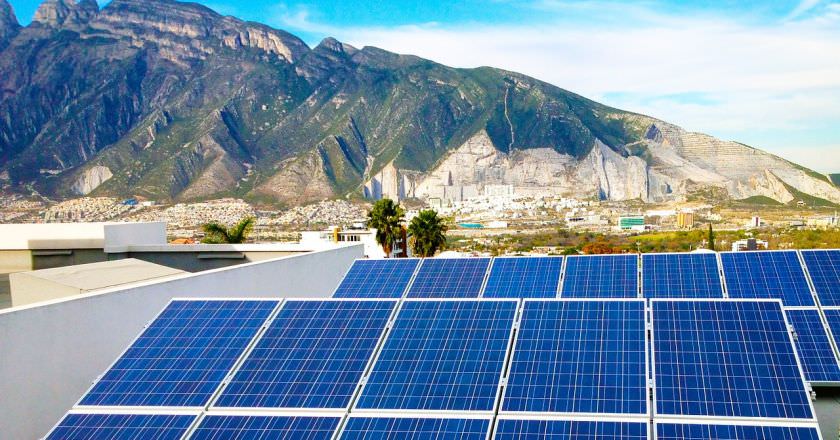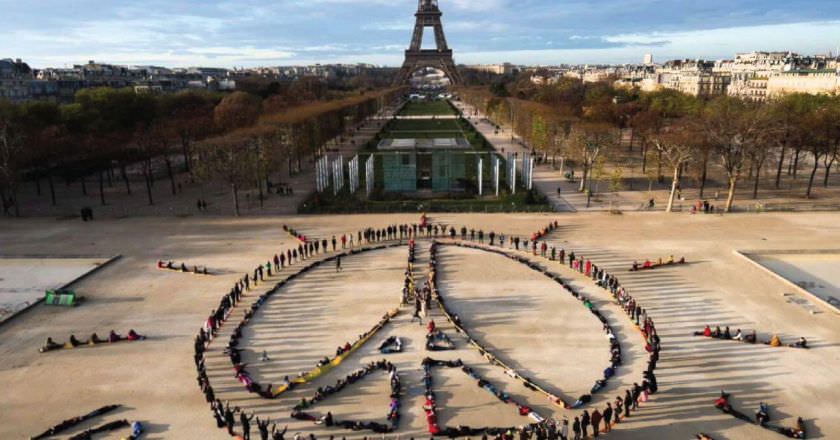

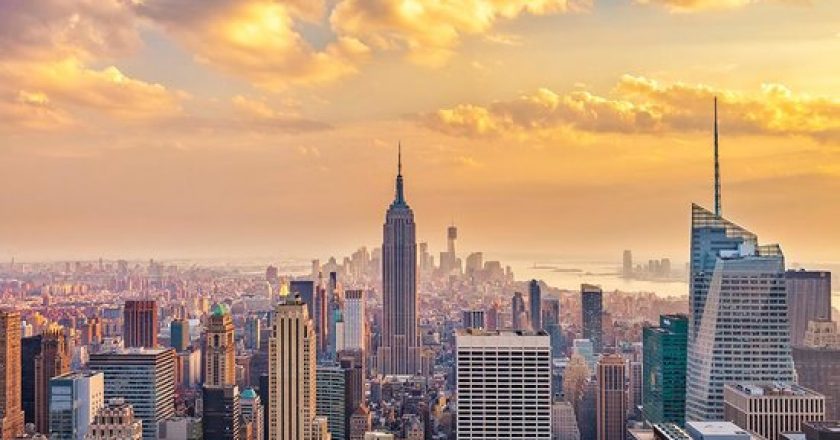

Climate Change in the Context of International Women’s Day 2016
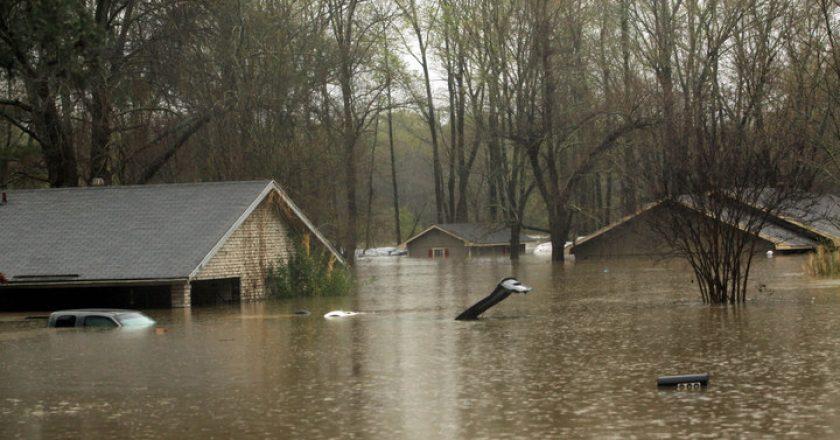
South Central Mayan Express Floods
A “remarkably rare” storm of “unprecedented strength” dumped record amounts of rain in the south central US beginning Monday, March 7, and forecasters expect the deluge to continue through Saturday. Northern Louisiana has seen the worst impacts so far, with widespread 1-in-200 year rainfall with locations experiencing 1-in-1,000 year rains.
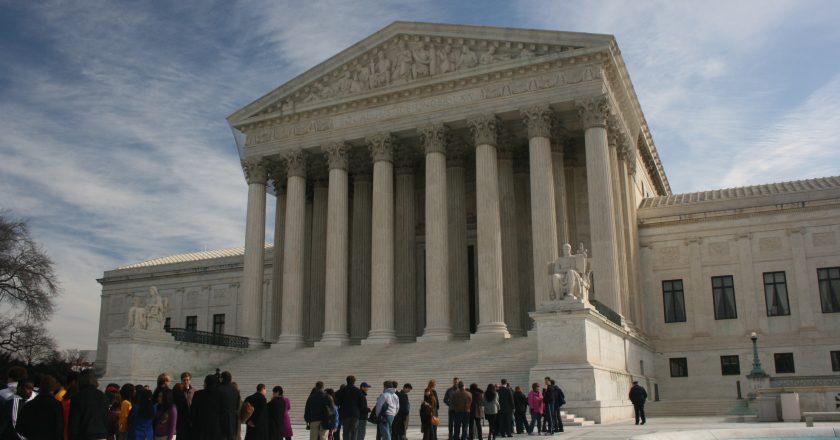
Experts React to Supreme Court Stay of Clean Power Plan
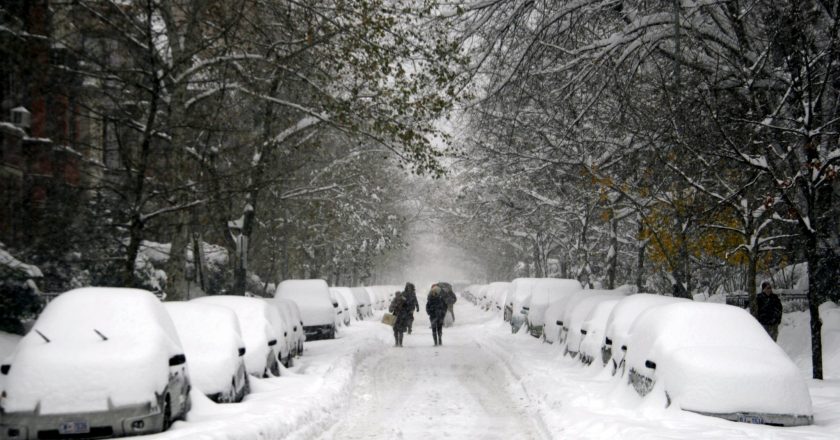
Snowmageddon Redux
Six years after the Snowmageddon of 2010 buried the Washington DC area in up to 30 inches of snow, another major winter storm is poised to unload upwards of 30 inches of snow in the US capital, while threatening the Atlantic seaboard with hurricane-level storm surge.
Climate change is fueling the destructive power of this storm. Global warming increases ocean heat content, which increases the energy and moisture available to storms. It also increases the heat in the atmosphere, allowing the air to hold and dump more precipitation, and it causes sea level rise, which allows storm surge to ride on higher seas.
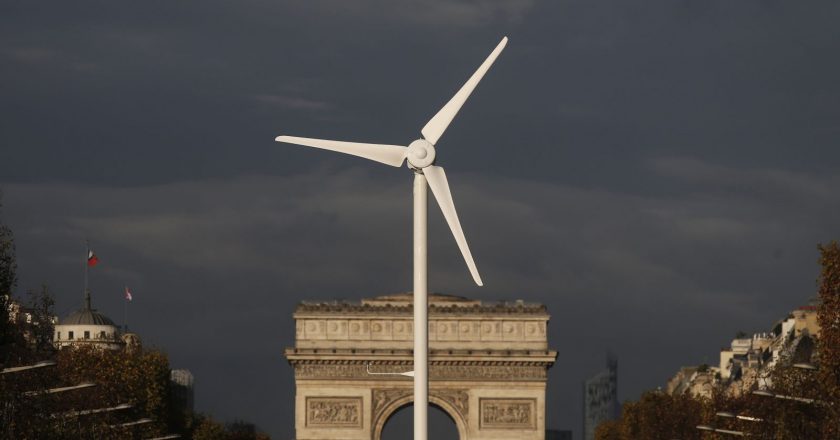
Country Climate Pledges
These are the intended nationally determined contributions (INDCs) that have been officially submitted to the UN Framework Convention on Climate Change.

Financial Markets Poised for Post-Paris Shift
Following the adoption of the Paris Agreement, financial analysts advised clients about the long-term signal that the agreement’s provisions sent to the markets.
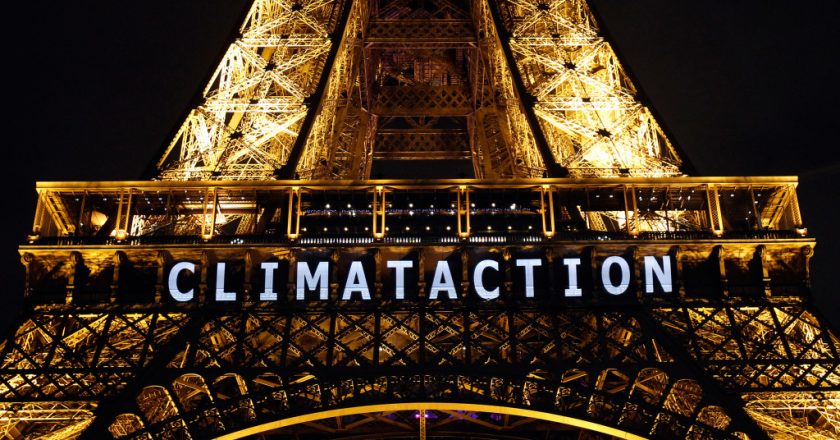
Experts React to Historic Paris Climate Agreement
National security leaders, faith leaders, business and economic leaders, public health and medical professionals, scientists, policy experts and local lawmakers welcomed the announcement of the Paris Agreement.
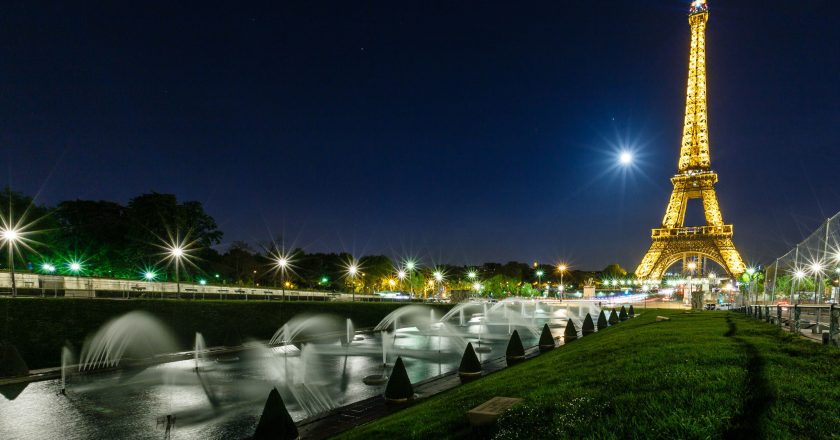
Myths and Facts about COP21, the Paris Climate Agreement
Here are a number of resources that debunk common myths about the Paris climate agreement
Experts & Advocates React to Kerry’s $800M Adaptation Finance Announcement
Essential details on the Secretary Kerry’s announcement today on the finance the US is scaling up towards climate adaptation and quotes in response to this announcement from relevant experts and advocates.
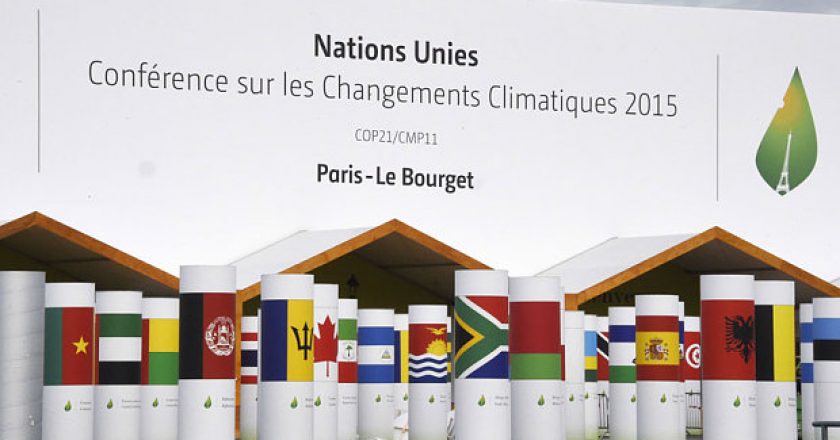
Intended Nationally Determined Contributions (INDCs)
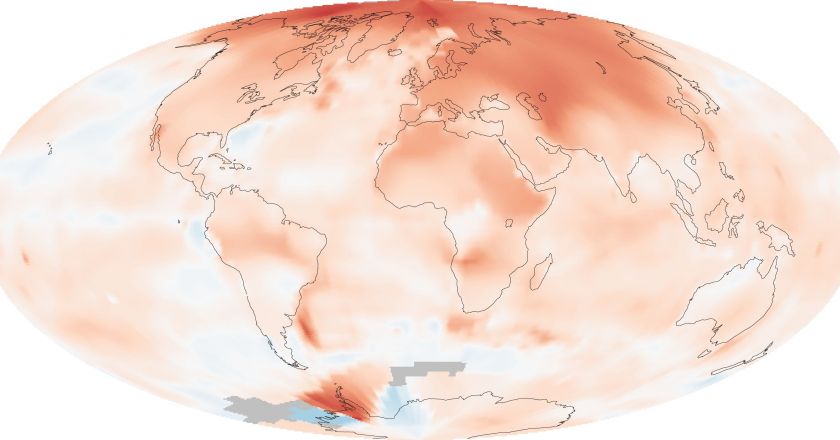
Tracking Climate Change
In a stable climate, the ratio of new record highs to new record lows is approximately even. However in our warming climate, record highs have begun to outpace record lows, with the imbalance growing for the past three decades. This trend is one of the clearest signals of climate change that we experience directly.

UNEP Report to Show Climate Action Commitments (INDCs) Start to Close the Gap
The United Nations Environment Programme (UNEP) released its annual report on the rate of global progress in cutting greenhouse gas emissions at 3:30AM ET on Friday, November 6. So far, 156 countries have submitted climate action plans (also known as Intended Nationally Determined Contributions, or INDCs), covering almost 87 percent of global emissions. The UNEP Emissions Gap report is expected to indicate that the INDCs, combined with current global policies already in place, would result in substantial reductions of greenhouse gas emissions, moving the direction of the global economy significantly closer to the cost-optimal pathway for holding warming under 2˚C.
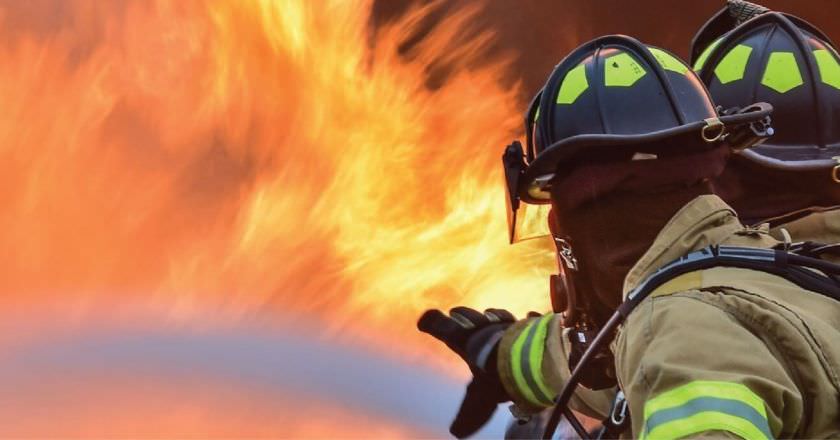
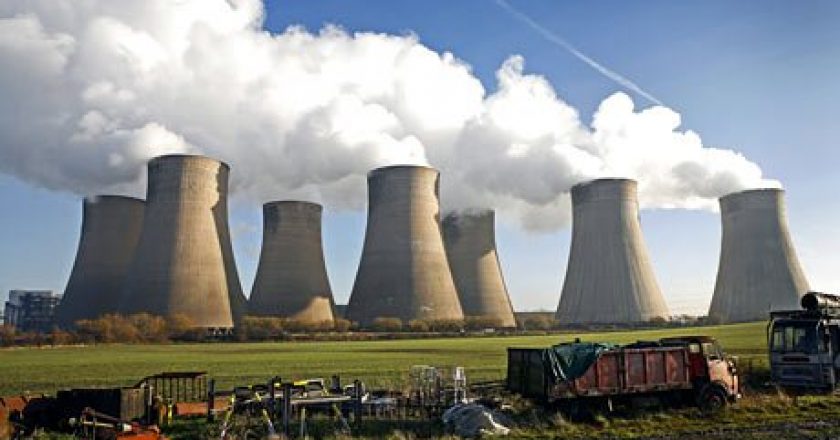
Emissions Trading
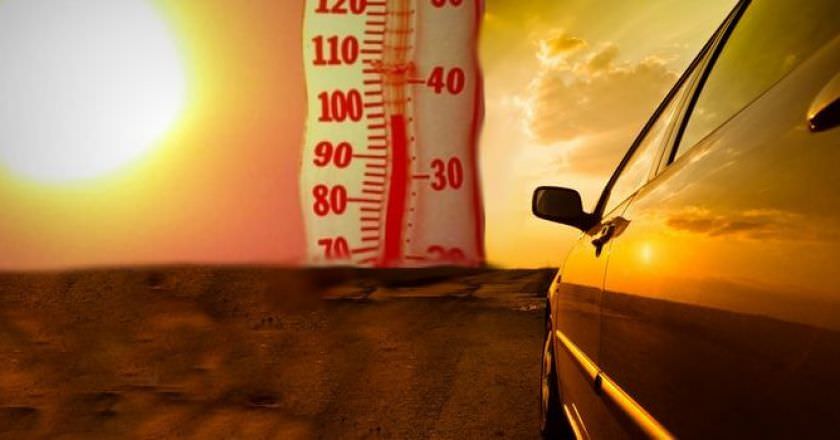
2015 Sees Hottest June-August on Record
This Thursday, September 17, the National Oceanic and Atmospheric Administration (NOAA) will likely confirm other sources’ finding that August 2015 was the hottest August in the global temperature record by a wide margin. NOAA will also likely confirm that this year’s …

Athletes Fall to Heat Stress at US Open – How Global Warming is Changing Sports
Climate change-related heat stress a harsh opponent as athletes collapse at US Open—extreme heat and humidity retires 10 players as warming leaves a mark on American sports
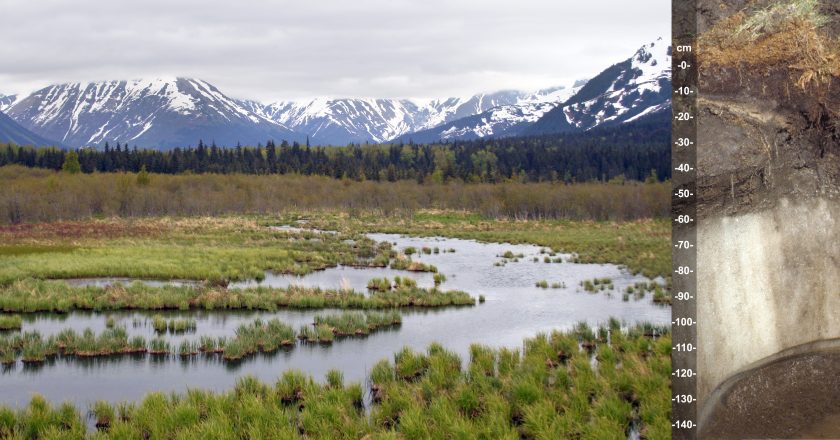
Alaska: Climate Change Ground Zero
The Earth’s temperature is now increasing faster than anytime in the last 1,000 years. Alaska and the Arctic, temperatures are rising at twice the global rate—more rapidly than anywhere else in the world, making the region ground zero for climate change. The best estimate is that human activity is responsible for all of the observed increase in global temperatures since 1985. The effects of the temperature changes are transforming a once-frozen seascape into an evolving, navigable ocean. These rapid changes occurring in the North have created a new Arctic climate system.
